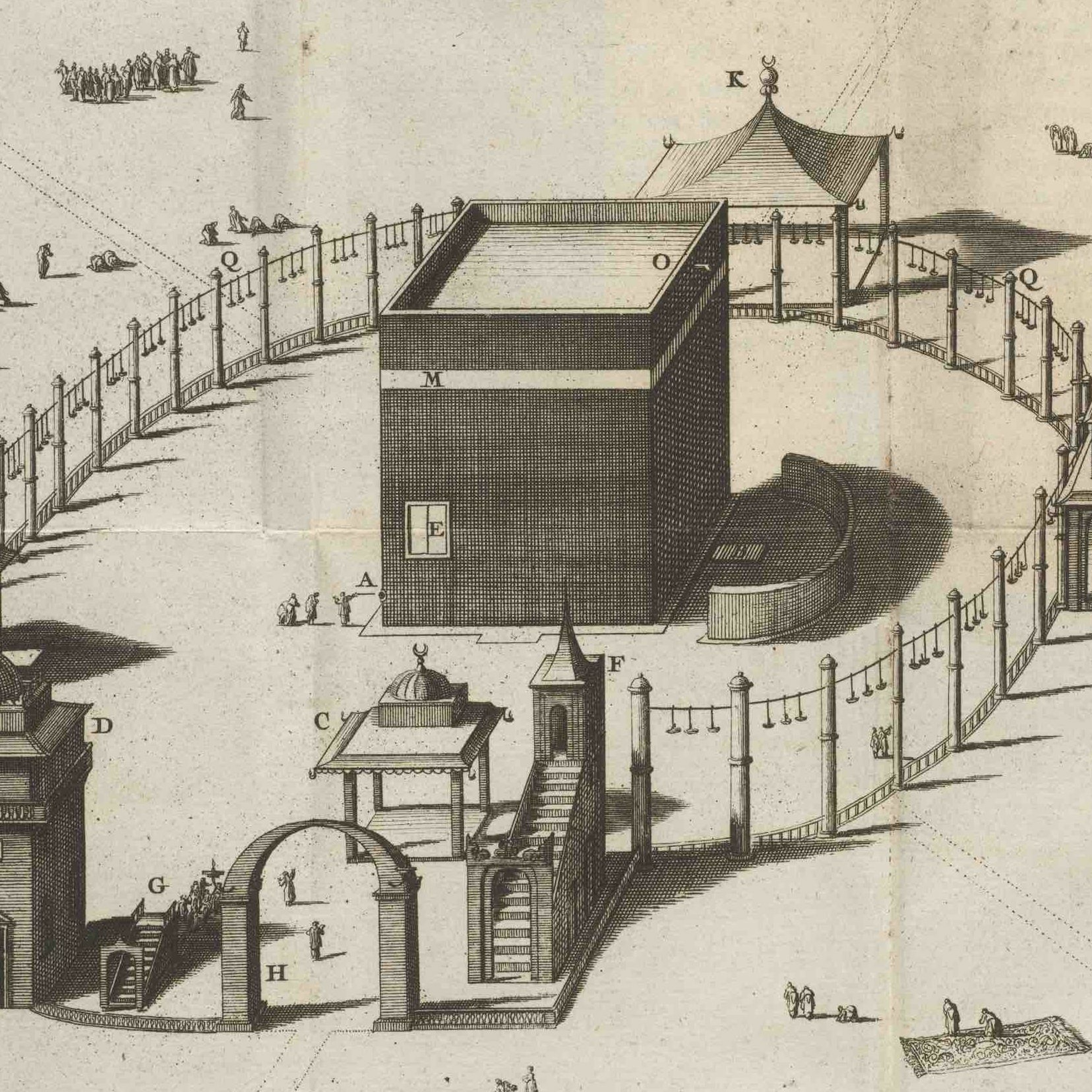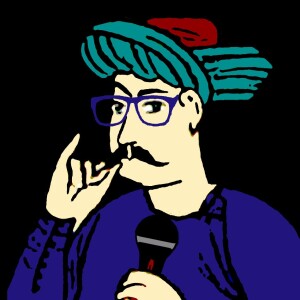
The Republic of Arabic Letters | Alexander Bevilacqua
 2018-02-23
2018-02-23
Download
Right click and do "save link as"
E348 | When and how did European scholars first begin to seriously study Islam and the Arabic language? It has often been assumed that Medieval misconceptions and polemic towards Muslims were not cast off until the secularism of the European Enlightenment. In this episode, we learn that the foundations of the modern Western understanding were actually laid as early as the 17th century. Alexander Bevilacqua shares his research on the network of Catholic and Protestant scholars he calls the “Republic of Arabic Letters.” These scholars went to great lengths to learn Arabic and gather Arabic books and manuscripts, and eventually produced careful translations of the Qur’an and histories of Muslim societies based on Arabic sources.
See more at http://www.ottomanhistorypodcast.com/2018/02/republic-of-arabic-letters.html
Alexander Bevilacqua is assistant professor of history at Williams College, where he teaches the history of early modern Europe. He is interested in the cultural and intellectual transformations of what is often considered the first global era.
Maryam Patton is a second year PhD student at Harvard University in the joint History and Middle Eastern Studies program. She is interested in Early Modern cultural exchanges, and her dissertation studies cultures of time and temporal consciousness in the Eastern Mediterranean during the 15th and 16th centuries.
Shireen Hamza is a doctoral student in the History of Science department at Harvard University. Her research focuses broadly on the history of science and medicine in the Islamicate Middle Ages, especially in the Indian Ocean World.
CREDITS
Episode No. 348
Release Date: 23 February 2018
Recording Location: Cambridge, MA
Audio editing by Maryam Patton
Music: From archive.org, Baglamamin Dugumu by Necmiye Ararat and Muzaffer, and Adonay by Grandelavoix off the album Cypriot Vespers.
Bibliography courtesy of Alexander Bevilacqua available at http://www.ottomanhistorypodcast.com/2018/02/republic-of-arabic-letters.html
view more
More Episodes
1001 Nights at the Cinema | Samhita Sunya
 2019-08-30
2019-08-30
 2019-08-30
2019-08-30
The Story Has It | Ipek Hüner Cora
 2019-07-15
2019-07-15
 2019-07-15
2019-07-15
A Transnational History of Kemalism
 2019-06-09
2019-06-09
 2019-06-09
2019-06-09
012345678910111213141516171819
Create your
podcast in
minutes
- Full-featured podcast site
- Unlimited storage and bandwidth
- Comprehensive podcast stats
- Distribute to Apple Podcasts, Spotify, and more
- Make money with your podcast
It is Free
- Privacy Policy
- Cookie Policy
- Terms of Use
- Consent Preferences
- Copyright © 2015-2024 Podbean.com



